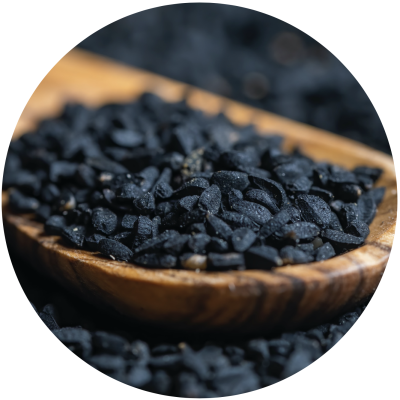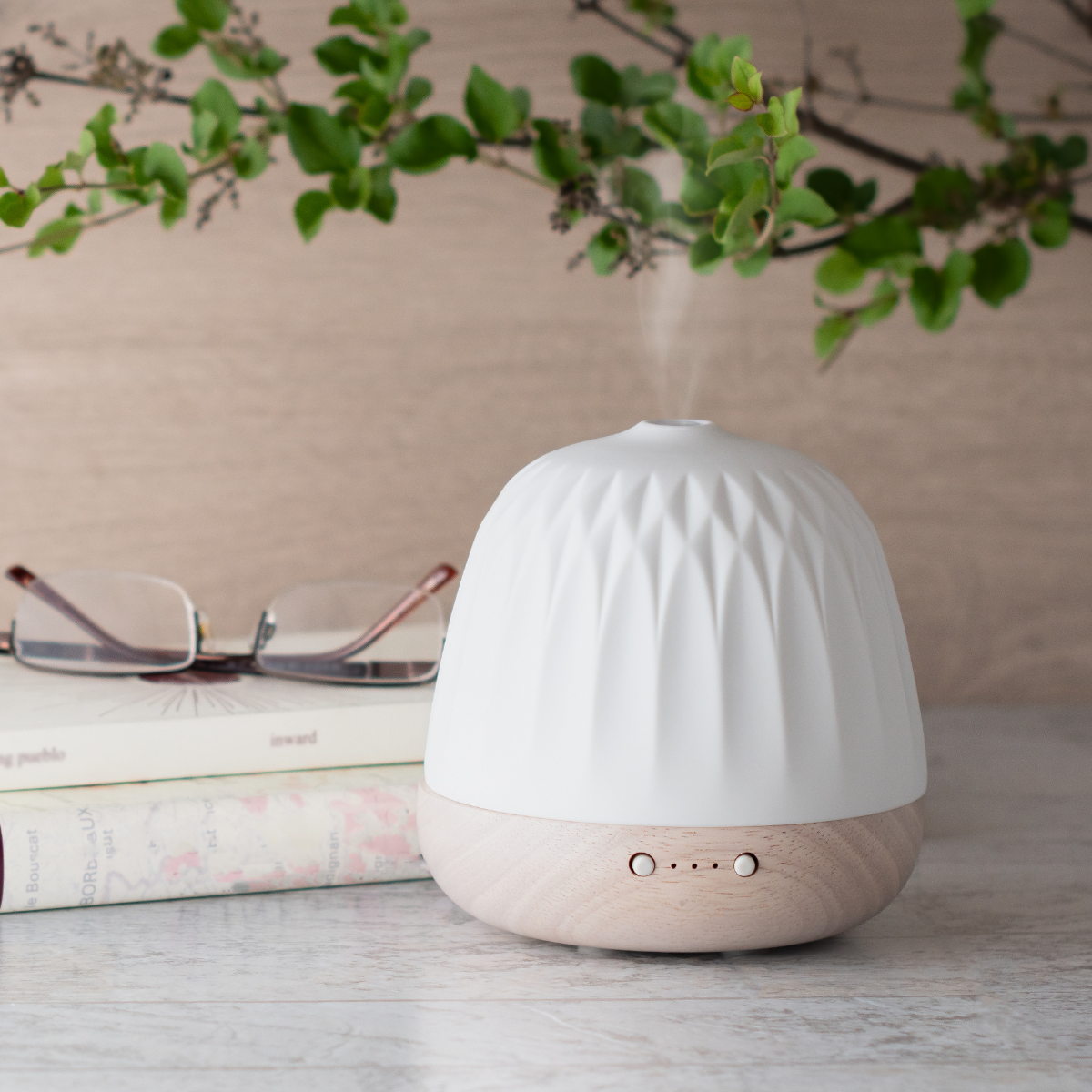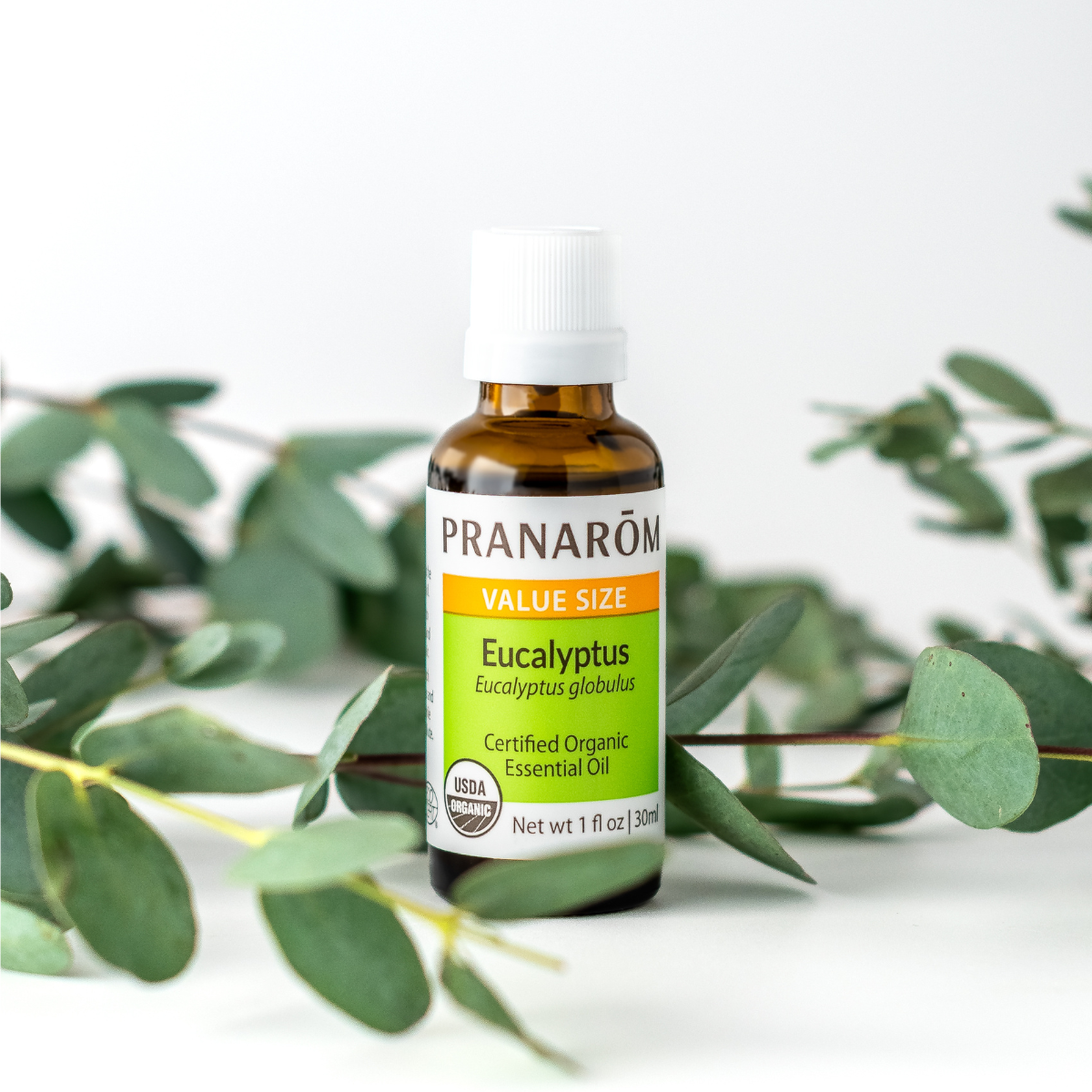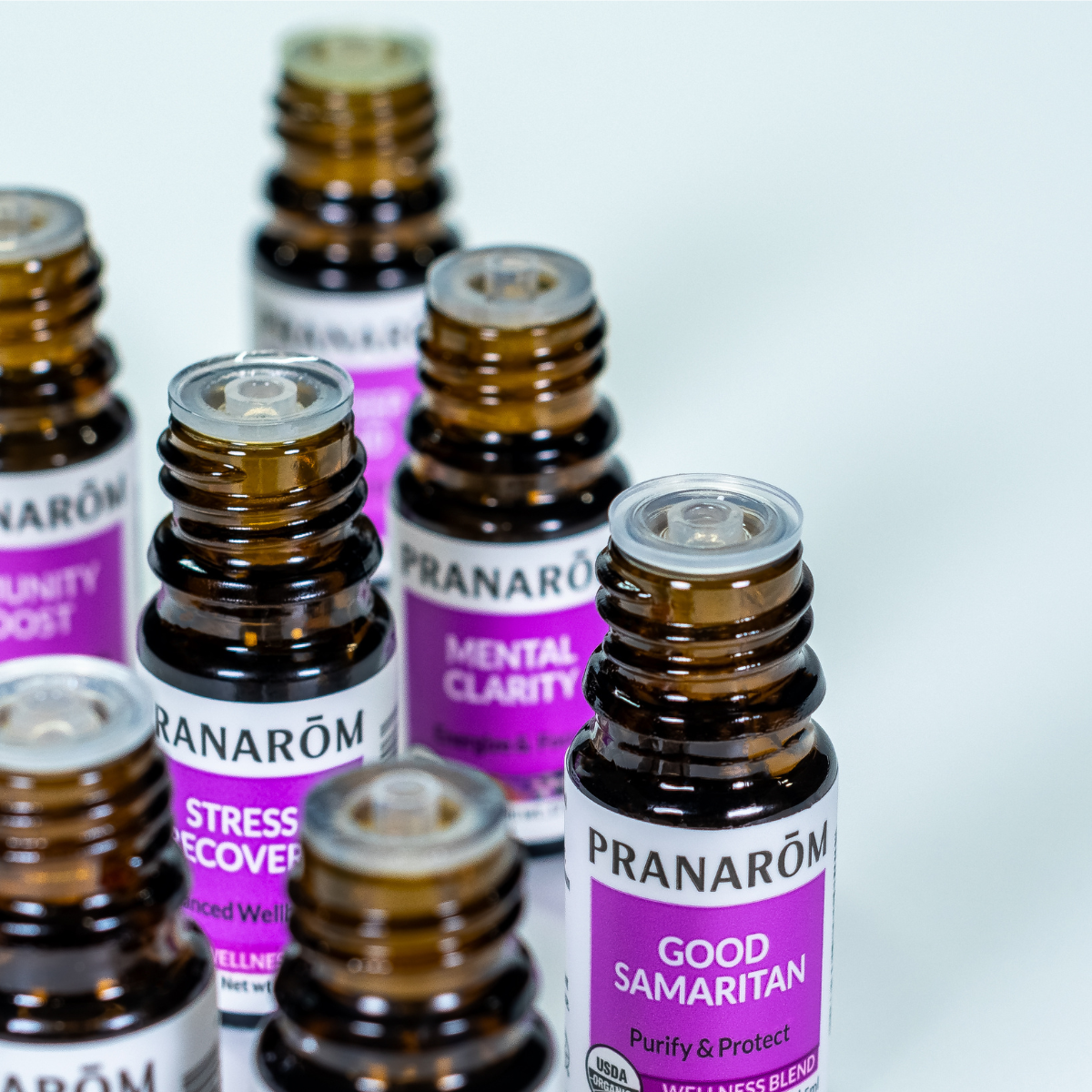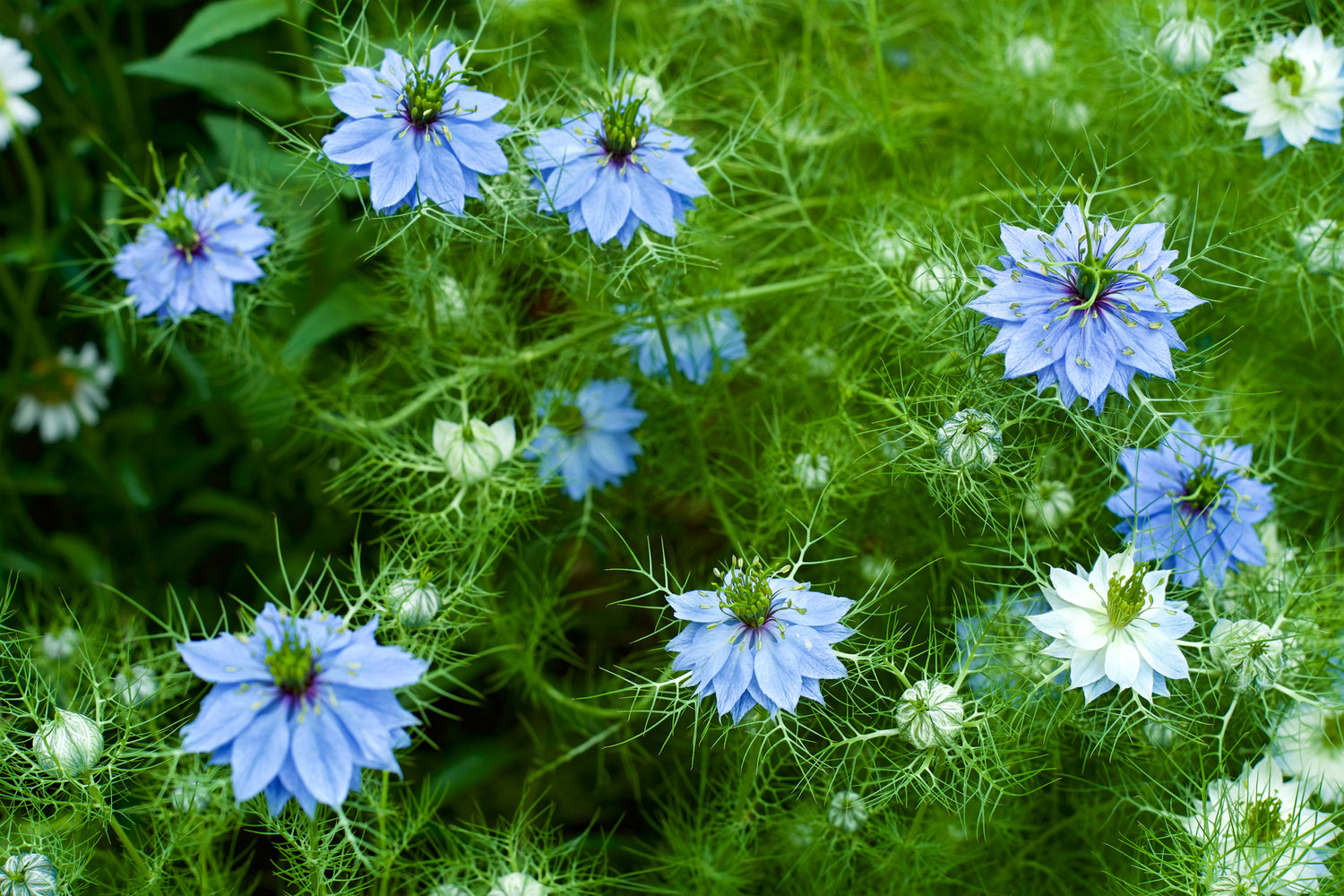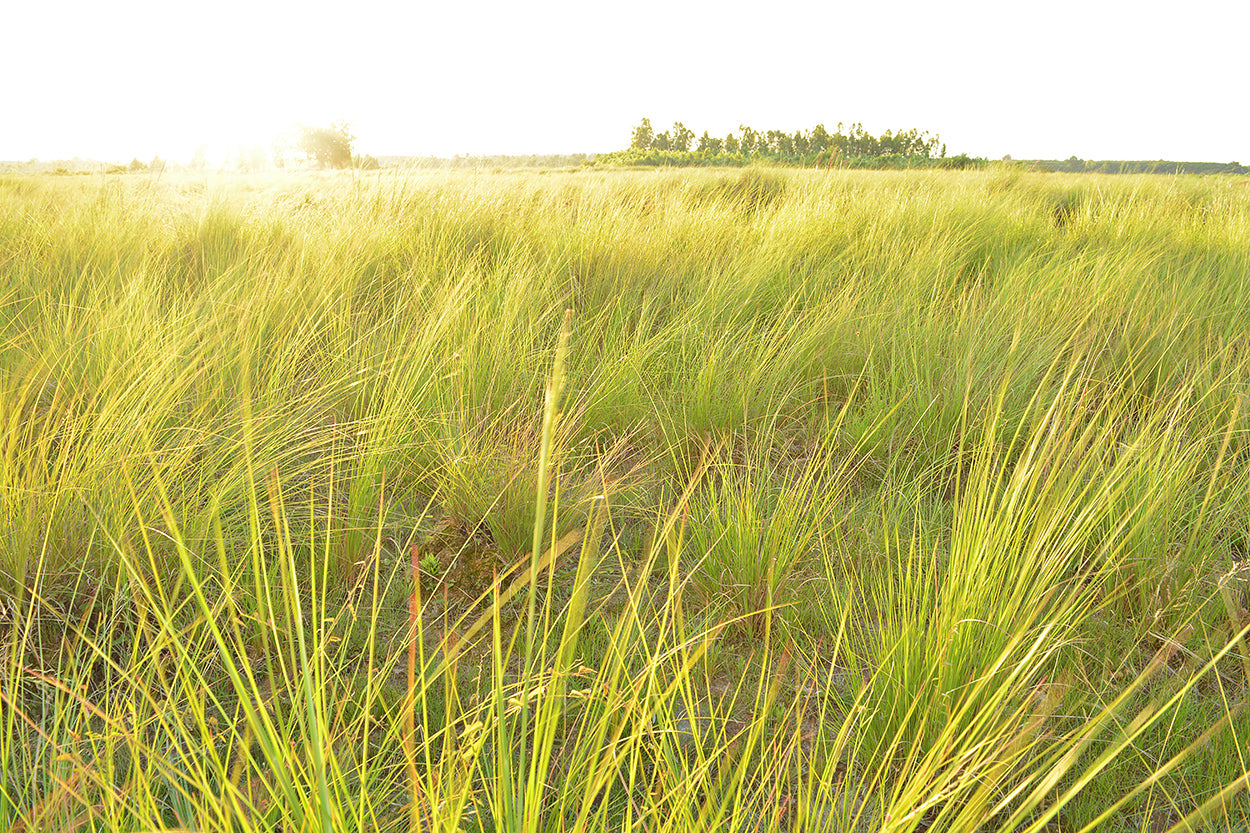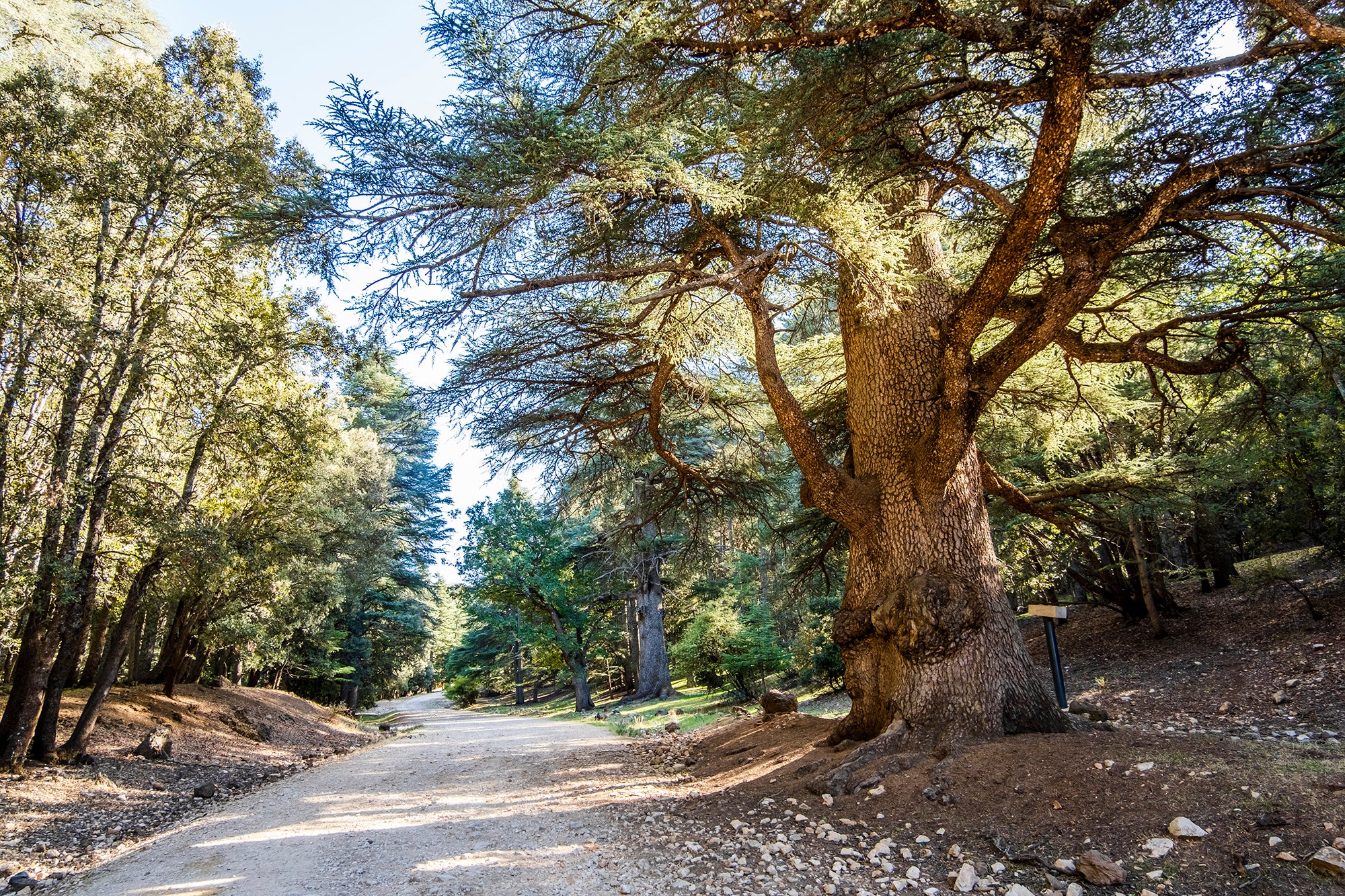Thursday, April 27th, 2023 | Article by: Liza Docken

Also known as black seed, Nigella sativa’s well-loved oil is most commonly known for its internal usage. When used topically, however, it offers a treasure trove of skincare and haircare benefits.
Cold pressed from the first pressing of Nigella sativa seeds, our Black Cumin Virgin Plant Oil is light yellow to light green in color and has a smell very reminiscent of the cumin seeds (Cuminum cyminum) we are perhaps more familiar with here in the United States. Nigella sativa is native to Southern Europe, North Africa, and Southwest Asia. Today this plant is cultivated in many areas, including the Middle Eastern Mediterranean region, India, Pakistan, Syria, Turkey, and Saudi Arabia.
The mention and presence of black cumin seed has deep roots in history. Seeds were found in Tutankhamen’s tomb, were mentioned in the Old Testament, and praised by the Prophet Muhammad as being able to “cure everything but death.” Additionally, the Persian Muslim physician and philosopher Avicenna recommended black cumin seeds to promote energy and aid in recovery from fatigue in his book The Cannon of Medicine c.1025 AD.
Modern era enthusiasts point to black cumin’s thymoquinone as one major reason for this oil’s ability to do so much. Comprised primarily of oleic and linoleic acid, these fatty acids, with thymoquinone, lend themselves to black cumin’s ability to support the body’s management of inflammation and offer antioxidant qualities. The therapeutic actions most commonly associated with black cumin oil are antimicrobial, anti-inflammatory, antioxidant, emollient, skin penetration enhancer, and hyperpigmentation reduction
Many sources suggest black cumin VPO as an option for those with blemish-prone skin, due to the antimicrobial nature of this oil. At Pranarōm, we include black cumin in our Clear Treatment Moisture Oil, a part of our Organic Plant Beautiful Skincare line. Light hair loss is another symptom that black cumin VPO can support through its calming abilities, which keep the scalp healthy and functioning well. Our Strong Roots Hair Oil includes this VPO, in conjunction with Rosemary and Lavender essential oils, to support follicle function and scalp health.
Pro Tip: For dry hair, between washes, spray ends of the hair with hydrosol of choice. Then place on drop of Black Cumin Virgin Plant oil in the palm, rub hands together to warm the oil, and run through the still-damp end of the hair to nourish and smooth the hair strands. This will protect the hair from drying out further before your next wash.
